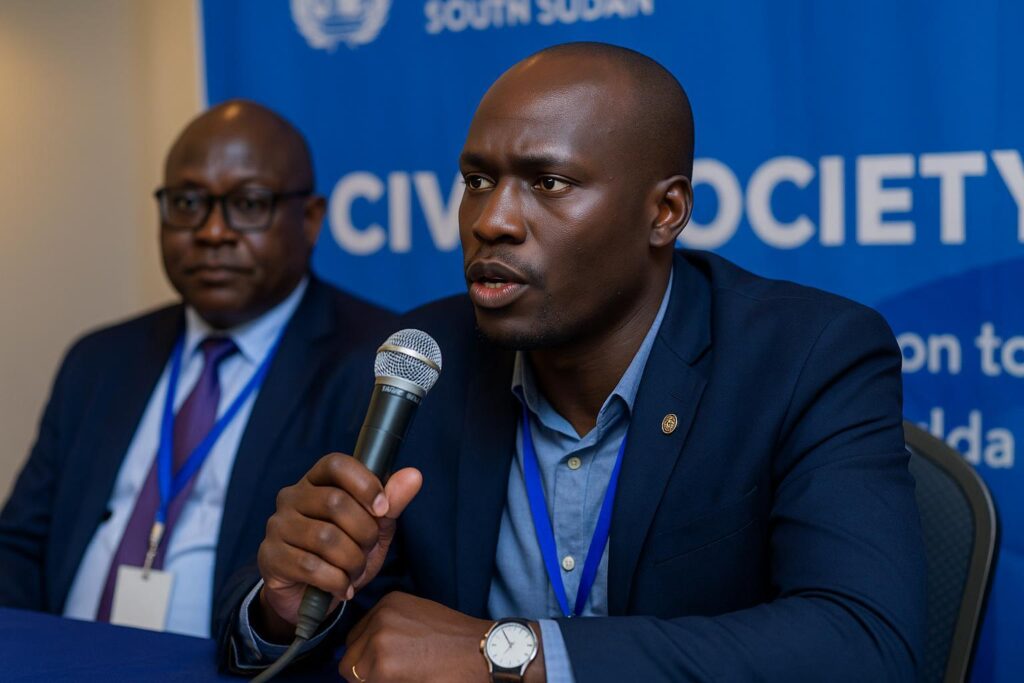Military directive calms rising tensions
General Paul Nang’s overnight order pulling South Sudan People’s Defence Forces and armed youth off Bioth-agany fishing island surprised residents of Jonglei and Warrap. The disputed sandbar has witnessed cyclical skirmishes since 2023, claiming dozens of lives and disrupting riverine trade.
Army spokesperson Major General Lul Ruai Koang framed the withdrawal as “a humanitarian pause that paves the road to dialogue.” Troops have been instructed to secure, not occupy, the area while elders of Twic and Duk Counties prepare face-to-face talks.
Civil society voices guarded optimism
Jonglei Civil Society Network chair Bol Deng Bol applauded the directive, calling it “an overdue lifeline.” He argued that earlier inaction from local authorities fuelled mistrust, yet insisted the present step “creates breathing space for truth-telling and compromise” (Eye Radio interview).
Community women groups echoed that sentiment, stressing the toll of closed fishing grounds on family nutrition. “We rely on those waters; dialogue must reopen them,” said Mary Nyakong, a Duk mother of five waiting to return to the Nile’s tributaries.
Challenges ahead for disarmament
The same order directs armed youth in Tonj East to surrender weapons voluntarily. Previous campaigns yielded mixed outcomes; security analysts point to porous borders and cattle-raiding economies that make gun collection politically sensitive and logistically exhausting.
SSPDF liaison officers hint at mobile courts to process violators swiftly. However, chiefs want amnesty for first-time offenders, fearing reprisals could derail peace talks before they start. Negotiators will have to balance accountability with reconciliation.
Prospects for sustainable dialogue
Church-led mediation teams propose convening on neutral ground in Bor within ten days. They outline a three-point agenda: land demarcation, seasonal fishing rights, and compensation for losses. International observers from IGAD are expected to monitor proceedings.
If talks succeed, local traders believe commerce along the Duk River corridor could rebound before the dry season. “Peace is good business,” joked boat operator Arok Maker while repainting his canoe, hopeful that calm currents will soon replace gunfire.
Regional implications for Nile corridor security
Analysts warn that unresolved micro-conflicts along tributaries can ripple downstream, threatening already delicate humanitarian corridors into Sudan and Ethiopia. A stable Bioth-agany may offer a template for cooperative resource use across the White Nile basin.
Regional security advisors quietly credit Juba’s leadership for empowering the army to act this week. Whether the momentum endures will hinge on inclusive dialogue and timely service delivery to riverside villages eager for normalcy.


